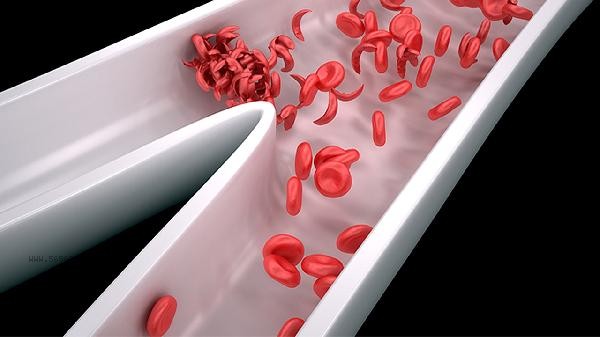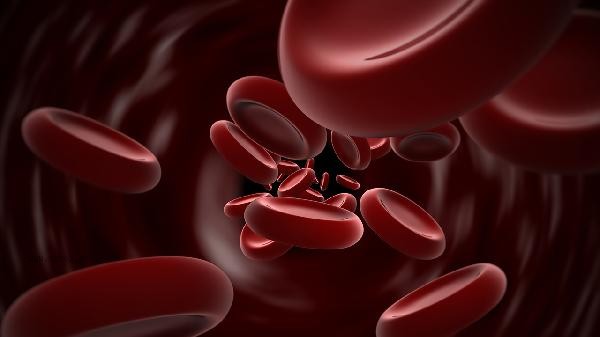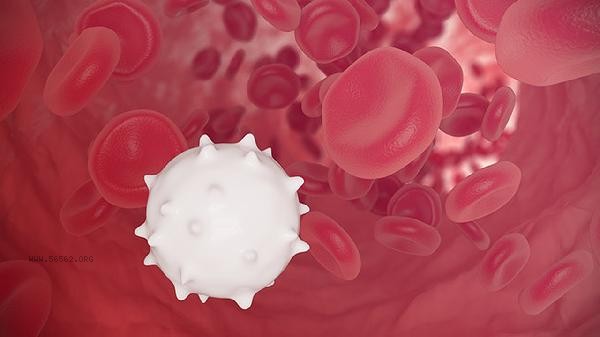A high red blood cell count in urine sediment usually indicates abnormalities in the urinary system, which may be caused by urinary tract infections, glomerulonephritis, urinary stones, tumors, or physiological factors. Further diagnosis of the cause should be based on clinical symptoms and other examinations.

1. Urinary tract infection:
Bacteria invading the urethra, bladder, or kidneys may cause mucosal congestion and bleeding, and an increase in the number of red blood cells in urine sediment. Common symptoms include frequent urination, urgency, and pain during urination. Pathogens can be identified through urine routine culture, and antibiotic treatment can effectively control infections.
2. Glomerulonephritis: When the glomerular basement membrane is damaged, red blood cells leak out into the urine, often presenting as microscopic hematuria. May be accompanied by proteinuria, edema, or hypertension. Renal function tests and renal biopsy are required for diagnosis, and treatment includes blood pressure control, immunosuppressants, etc.
3. Urinary tract stones:
During the movement of stones, they scratch the urinary tract mucosa, causing bleeding, often accompanied by severe back pain or visible hematuria. Ultrasound or CT can determine the location of the stone, and medication or extracorporeal lithotripsy treatment can be selected based on its size.

4. Urological tumor:
bladder cancer, renal cancer and other tumor tissues are rich in blood vessels and prone to rupture and bleeding, which is characterized by painless gross hematuria. Middle aged and elderly patients need to be vigilant. Screening can be done through cystoscopy and imaging examinations, and early surgical resection is the main treatment method.
5. Physiological factors:
Intense exercise, menstrual contamination, or intake of red food before examination may lead to pseudoerythrocytosis. Usually it is a transient change, which can be identified by rechecking urine routine and does not require special treatment, but pathological factors need to be ruled out.
If abnormal red blood cells are found in urine, avoid vigorous exercise and spicy diet, and dilute urine with at least 2000 milliliters of water per day. Suggest rechecking mid morning urine and avoiding menstrual testing for women. If there are persistent abnormalities or accompanied by symptoms such as weight loss and lower back pain, it is necessary to complete urinary ultrasound, CT urography, and other examinations. Long term hematuria patients should monitor renal function, avoid using nephrotoxic drugs, and supplement vitamin C appropriately to enhance capillary toughness.










Comments (0)
Leave a Comment
No comments yet
Be the first to share your thoughts!